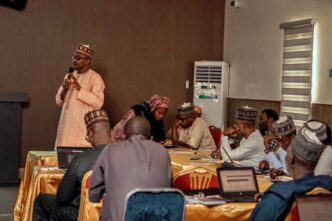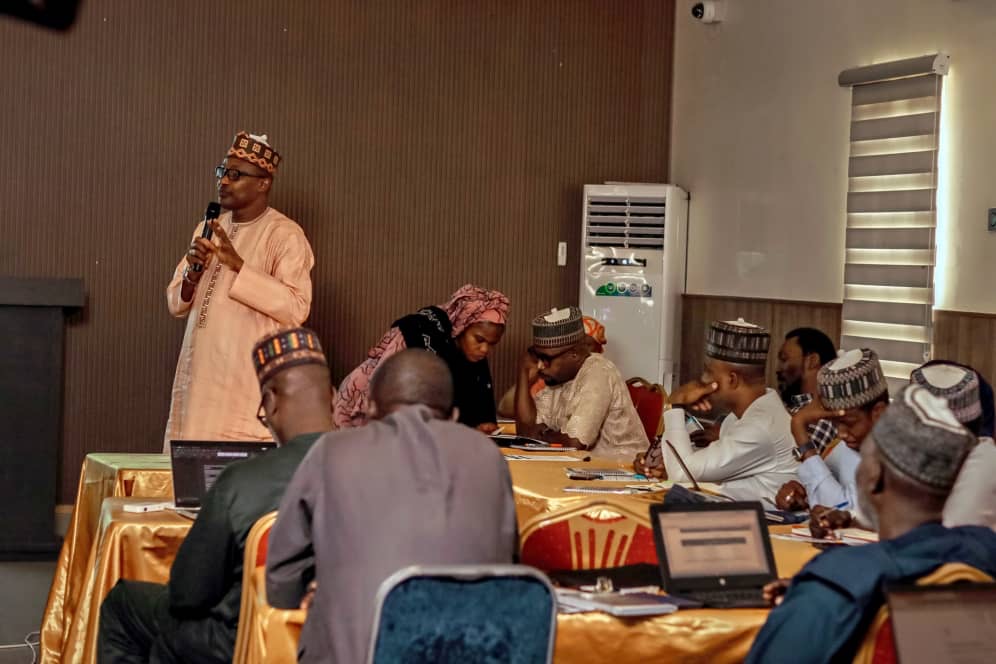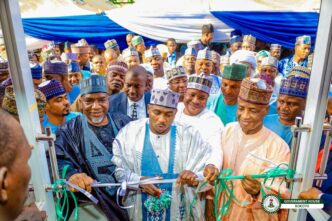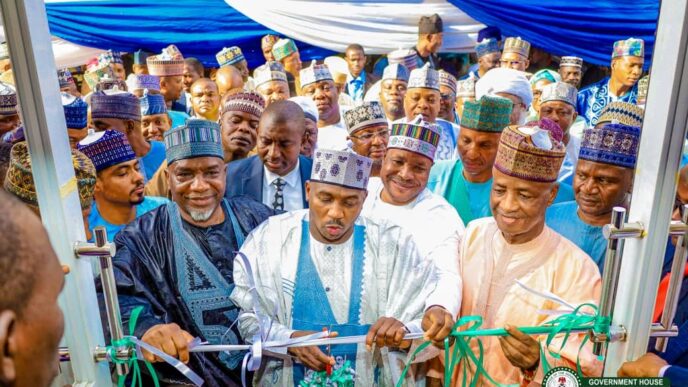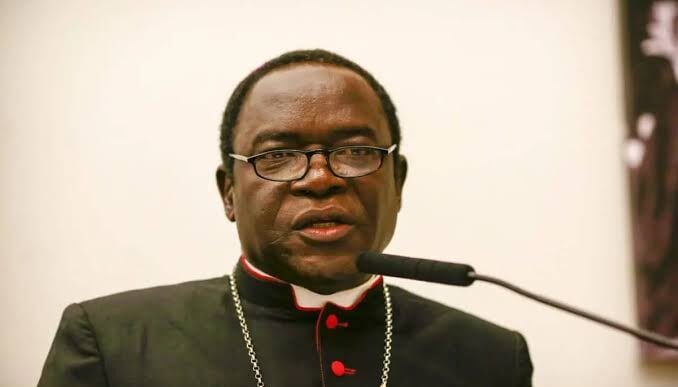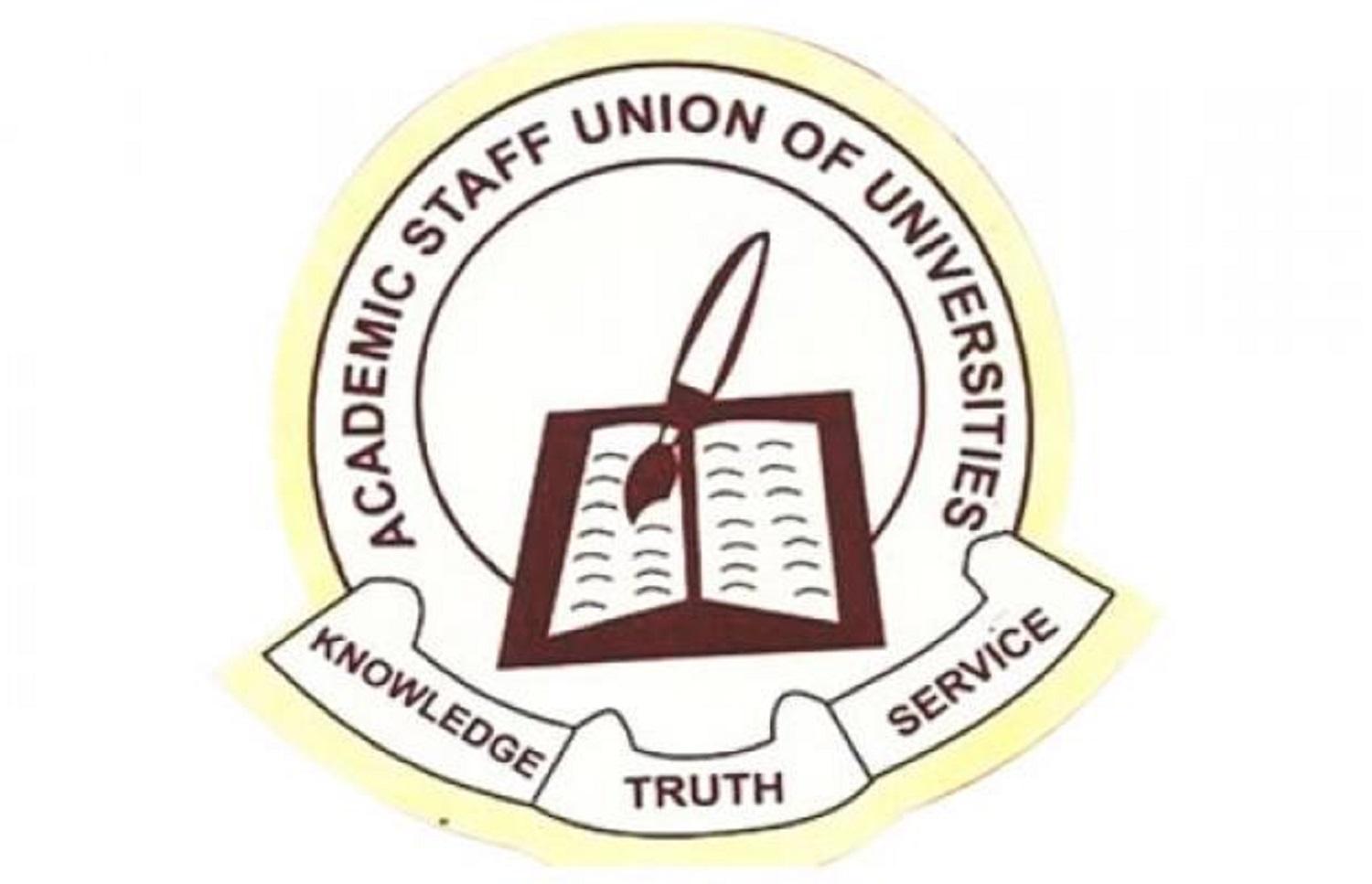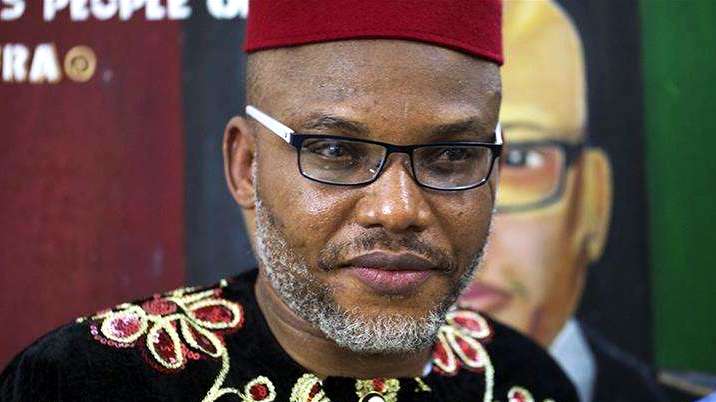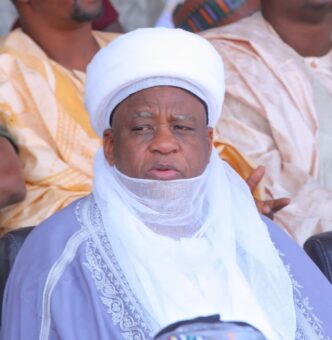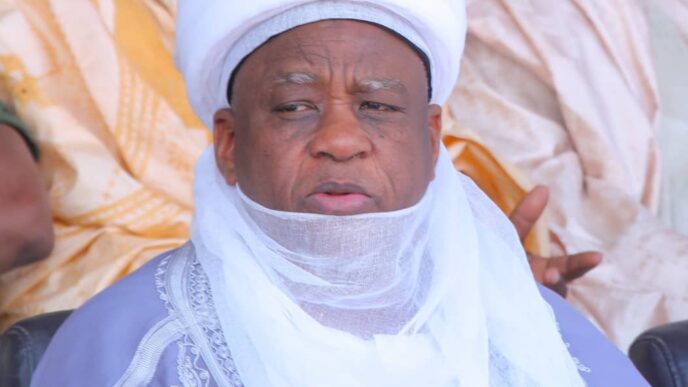By: Gbenga Akingbule
The European Union (EU), with support from the Government of Germany, organized a capacity-building workshop on Monday, sharing strategies to address barriers hindering women’s participation in governance and ensuring equal access to development benefits.
Gatekeepers News reports that the event which is implemented by GIZ in collaboration with dRPC aims to empower women and promote gender equality in decision-making, while also ensuring a budgeting process that adequately addresses the needs of women and girls across Nigeria.
This was disclosed during the commencement of a four- day training on strengthening the capacity for Positive Gender Reporting by Media Personnel on Gender Responsive and Inclusive Governance in Borno State held at the R&B Hotel in Maiduguri, the State capital.
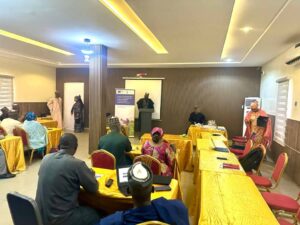
Journalists at the event were taken through various steps to amplify women’s voices on their media platforms, promoting increased representation and encouraging women’s involvement in politics and leadership positions, while addressing stereotypes and challenging societal norms and biases that limit women’s participation..
In a presentation by one of the facilitators and Director of Communications and Partnerships, dRPC, Abuja. Mallam Hassan A. Karofi – looked at ” the media in the ecosystem of the key actors driving gender responsive policies and budget for inclusive governance: Roles and Responsibilities of Key Actors.”
Karofi also emphasized the strengths of Nigerian women, citing their numerical power in the country’s population, as well as their intelligence and credibility.
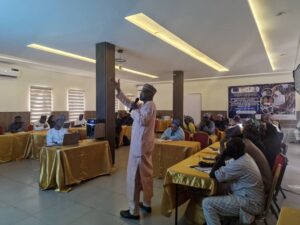
” When a woman , whether a politician or not , tells you that she would do this or that, the probability of her her keeping to her word is 99%” Karofi said .
The dRPC Director of Communications emphasized on the need for journalists to amplify women’s voices and hilight gaps in gender inclusion, investigate and publicise inequalities in policy and spending and educate the public and decision- makers on gender impact .
During a group work session, facilitators identified key factors hindering women and marginalized groups from fully participating in governance and equally benefiting from development. These factors include patriarchal norms and gender stereotypes, limited access to education and economic opportunities, exclusion from decision-making spaces, and insufficient gender data for planning and budgeting, among others.
Commissioner of Information and Internal Security , Prof. Usman Tar, who declared the workshop open, commended the organisers and said that ” Borno State Government will continue to partner with EU and the German Government for sustainable development. “

